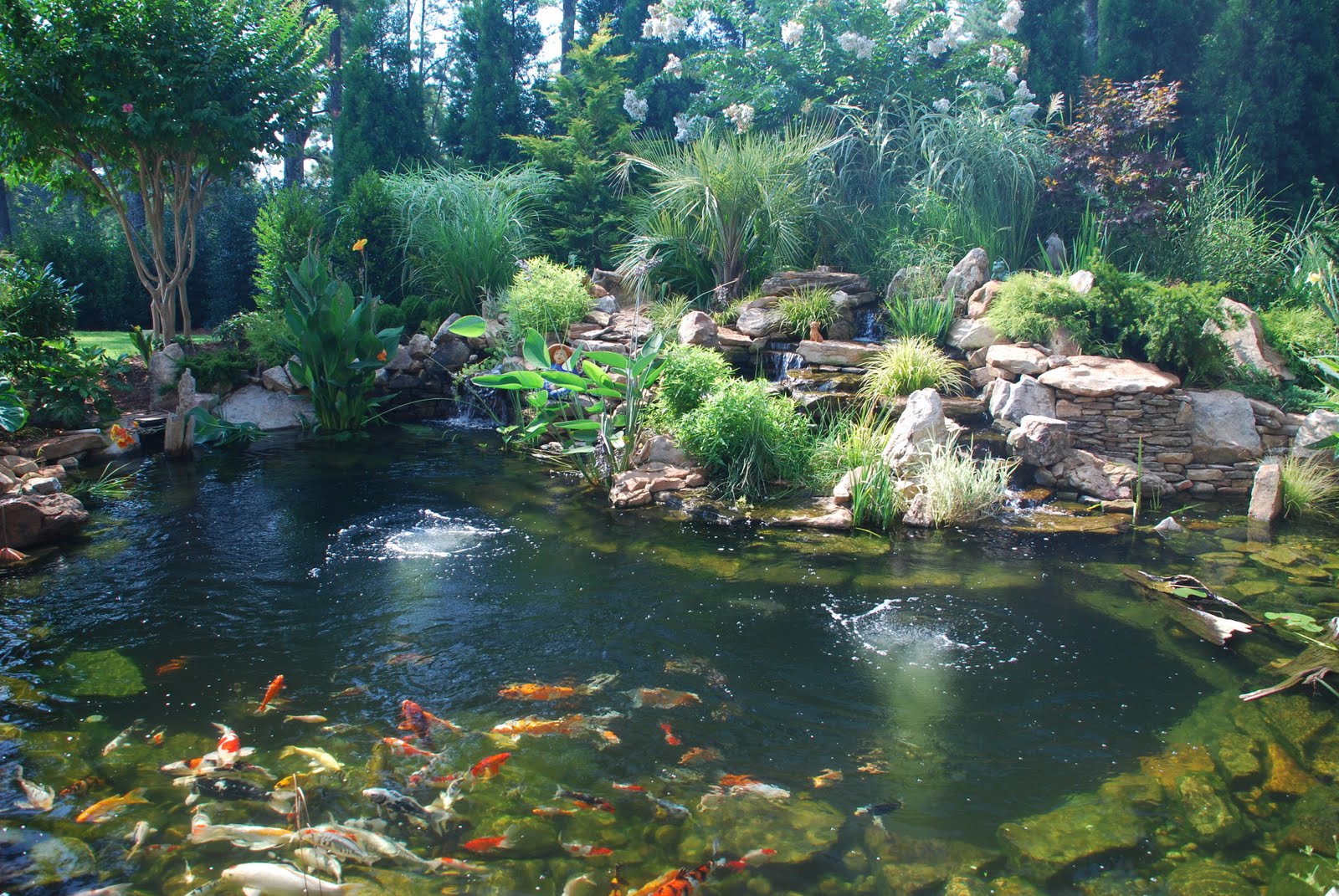
Creating the Perfect Koi Pond for Your Farm Story: A Comprehensive Guide to Materials and Maintenance
Introduction
Koi ponds have become increasingly popular in farm stories. With their serene and calming effect, these beautiful water features add a touch of tranquility to any farm. However, building and maintaining a koi pond can seem daunting. Our comprehensive guide will take you through the materials you need to construct your koi pond, as well as tips for keeping it in great condition all year round.
Choosing the Right Location for Your Koi Pond
The ideal location for your koi pond is an area that gets plenty of sunlight but is also protected from the wind. This will help keep the water temperature balanced and prevent leaves and debris from accumulating in the pond. Make sure to choose an area that is also easily accessible for maintenance and cleaning.
Materials for Constructing Your Koi Pond
The materials you choose for your koi pond will determine its overall quality and lifespan. Here are some of the essential materials you will need:
Liners
A liner is essential for ensuring the water stays in the pond and doesn’t seep out. The most popular options for pond liners are EPDM and Polyethylene. EPDM liners are durable and long-lasting, but can be more expensive. Polyethylene liners are more affordable but are not as durable.
Filtration Systems
A filtration system is necessary to keep your koi pond clean and the water safe for your fish. A good filtration system will remove debris, toxins, and excess nutrients from the water. There are three types of filtration systems: mechanical, biological, and chemical. A combination of these three filtration systems will provide the best results.

Pumps
A pump is necessary to circulate the water in your koi pond. The pump should be chosen based on the size of your pond and the desired flow rate. It’s important to choose a high-quality pump that is energy-efficient and reliable.
Aeration Equipment
Aeration equipment adds oxygen to the water and improves the overall health of your koi fish and aquatic plants. Aeration is also essential for maintaining the water temperature and preventing algae growth. Aeration equipment can come in the form of fountains, waterfalls, air pumps, and diffusers.

Rocks and Gravel
Rocks and gravel provide a natural look for your koi pond, and also serve as a surface for beneficial bacteria to grow. This bacteria is essential for breaking down organic waste and improving water quality.

Maintaining Your Koi Pond
Maintaining your koi pond is essential for ensuring your fish and plants stay healthy and happy. Here are some tips to keep your pond in great condition:
Regular Cleaning
Cleaning your koi pond regularly is necessary to remove any debris, excess nutrients, and algae growth that can negatively affect your koi and aquatic plants. It’s important to perform partial water changes, clean the filter, and remove any dead leaves or plants.

Feeding Your Fish
Feeding your koi fish the right food in the right amounts is essential for their health and well-being. Overfeeding can lead to excess nutrients in the water and can cause your fish to become unhealthy. It’s best to feed your fish small amounts multiple times a day and choose a high-quality fish food that provides all the necessary nutrients and vitamins.
Monitoring Water Quality
Regularly monitoring the pH levels and water temperature in your koi pond is essential for keeping your fish and plants healthy. It’s also important to regularly test the water for ammonia, nitrites, and nitrates, as these can build up and cause harm to your fish.

Conclusion
Building and maintaining a koi pond for your farm story can be a fun and rewarding project. By choosing the right materials and following proper maintenance techniques, you can enjoy a beautiful, tranquil water feature for many years to come.